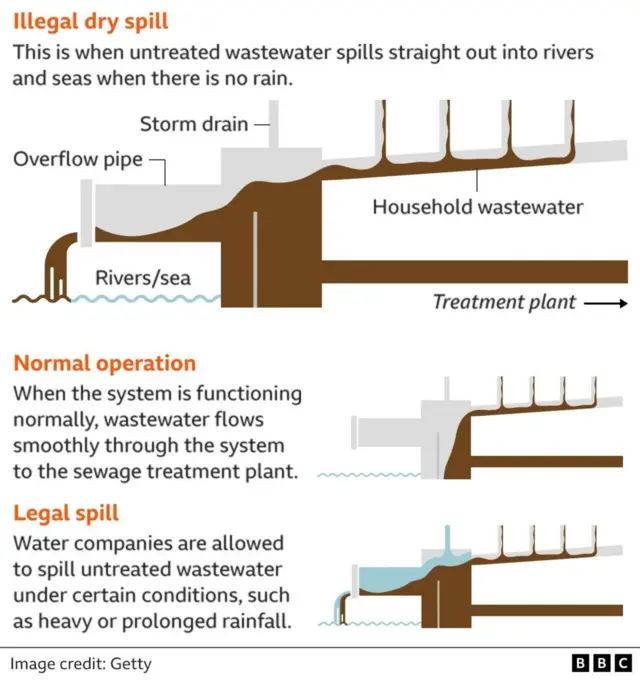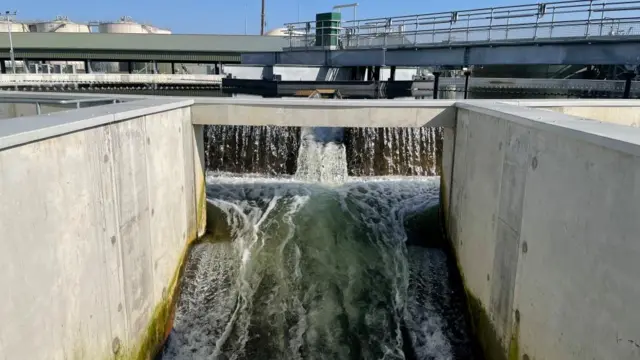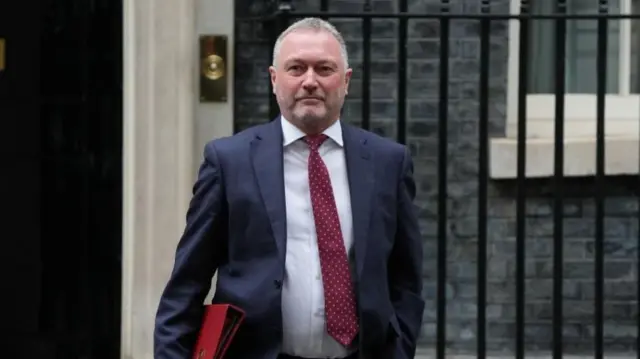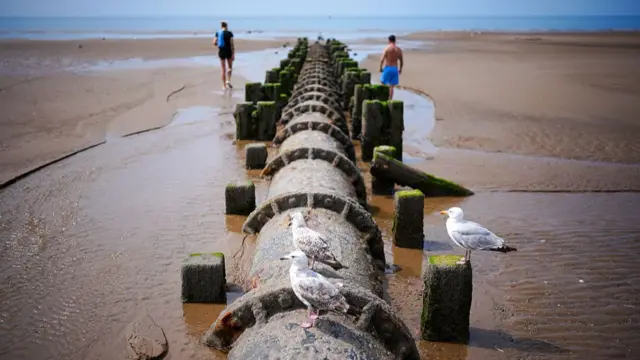
This could be the biggest set of reforms since privatisationpublished at 06:34 BST 21 July
 Simon Jack
Simon Jack
Business editor
Sir Jon Cunliffe has proposed the biggest reform of the regulation and governance of the water sector in England and Wales since privatisation over thirty years ago.
He recommends establishing a single regulator in England to replace Ofwat, the Drinking Water Inspectorate, and the Environment Agency’s water responsibilities – with a similar body for Wales.
He suggests giving extra ombudsman powers to the existing Consumer Council for Water and the establishment of a new social tariff.
He also proposes eight new regional water planning authorities in England and one for all of Wales.
Excessive debt and inappropriate dividends that threaten some companies' resilience – such as Thames Water – would be addressed by minimum capital levels and powers to block ownership changes if not in the company's long-term interests.
It also suggests more government direction of the regulator to provide long term predictability for would-be investors.
Recreational use of water is recognised by proposing putting public health officials on water planning bodies.
The reforms are deep and wide, and Environment Secretary Steve Reed is expected to use them as the basis for a new white paper to be put before in the Autumn.






